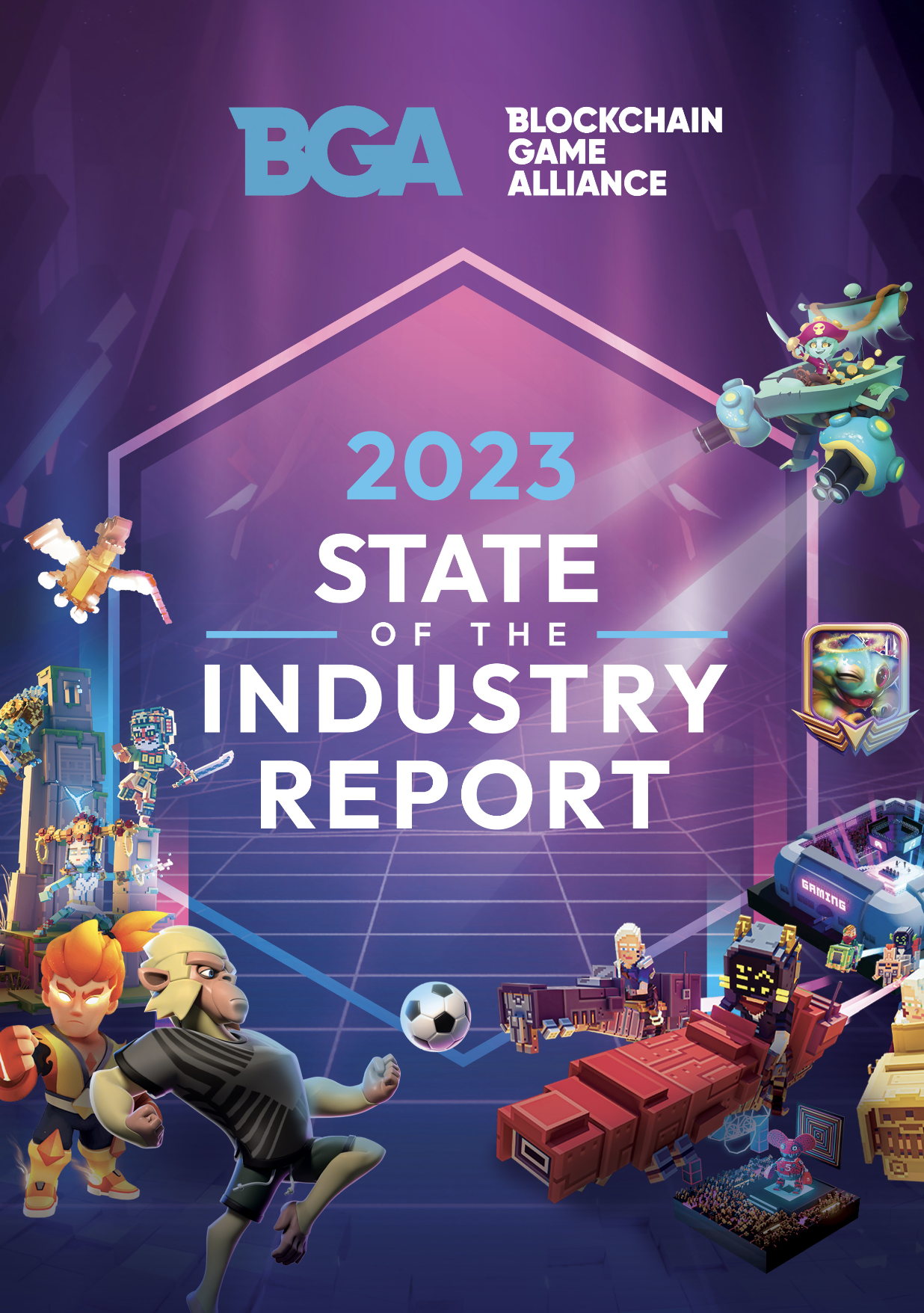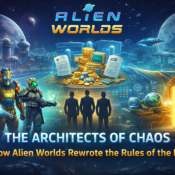
Non Custodial Wallets : A Regulatory Misconception
As blockchain gaming continues its evolution, one major regulatory misunderstanding threatens to stifle innovation: the misclassification of non-custodial wallets as financial intermediaries.
At the Blockchain Game Alliance (BGA), we worked closely with the Digital Chamber to bring clarity to Web3 regulations and defend the interests of gaming entrepreneurs. Following a consultation sent by the CFPB (Consumer Financial Protection Bureau), one of the biggest issues we see is the misunderstanding of non-custodial wallets by regulators.
Some policymakers assume that non-custodial wallets act as financial intermediaries—but that’s simply not the case.
What Are Non-Custodial Wallets, and Why Are They Misunderstood?
Non-custodial wallets are a fundamental component of the Web3 ecosystem, allowing users to store and manage their digital assets without relying on a third party. However, because these wallets interact with cryptocurrencies and blockchain networks, some regulators mistakenly equate them with financial institutions—a categorization that does not reflect how they actually work.
To understand why this is a problem, we need to address what non-custodial wallets do—and what they don’t do.
What Non-Custodial Wallets Don’t Do
- They do not hold user funds – Unlike a bank, which holds customer deposits, non-custodial wallets store only a private key that grants access to blockchain-based assets.
- They do not process transactions – Users themselves sign and send transactions to the blockchain; the wallet simply acts as an interface.
- They cannot freeze accounts or modify balances – Once a transaction is recorded on the blockchain, it cannot be altered or reversed by the wallet provider.
What Non-Custodial Wallets Actually Do
- They give users full control over their assets – The private key stored in a non-custodial wallet is the only way to access funds.
- They provide a user-friendly interface – Instead of interacting directly with blockchain code, users can manage transactions via a familiar UI.
- They enable self-sovereign digital ownership – Players and users retain full authority over their assets, reinforcing the core ethos of decentralization.
The Real-World Implications for Web3 Gaming
For blockchain gaming companies, the incorrect classification of non-custodial wallets as financial intermediaries could create significant barriers to growth.
- Unnecessary Compliance Burdens
- If regulators treat in-game wallets as financial accounts, developers could be required to register as financial service providers, even though they do not handle transactions or control assets.
- This would increase operational costs and potentially push smaller studios out of the market.
- Threats to True Digital Ownership
- One of the biggest advantages of Web3 gaming is the ability for players to own and trade in-game assets freely.
- If regulators force these wallets into a traditional financial framework, it could jeopardize decentralization and strip players of their autonomy.
- Stifling of Innovation
- Many blockchain games rely on non-custodial wallets to empower users.
- If these wallets become subject to banking regulations, developers may be forced to shift toward centralized solutions, which contradict the core principles of Web3 gaming.
Why This Matters Now More Than Ever
The regulatory landscape for Web3 gaming is still taking shape. According to the 2024 BGA State of the Industry Report, 16.9% of blockchain gaming professionals cited regulatory uncertainty as a major challenge. Misguided policies could hamper industry growth before it even reaches its full potential.
Moreover, 71.1% of industry professionals recognize digital asset ownership as the top benefit of blockchain gaming. If regulators impose restrictions that treat in-game wallets as financial products, they risk undermining the very innovation that makes Web3 gaming unique.
“Digital wallets and the regulation of digital assets are not just technical necessities — they are the backbone of trust in the Web3 ecosystem. Clear, forward-thinking policies around non-custodial wallets are essential to ensure user sovereignty while building the foundation for sustainable growth, innovation, and mainstream adoption. Without regulatory clarity, we risk stalling the momentum that Web3 has built across gaming, culture, and beyond. “
Yasmina Kazitani, co president BGA and member of the BGA Advocacy Council
A Call for Smarter Regulation
Rather than forcing non-custodial wallets into outdated financial categories, regulators should develop clear, fit-for-purpose policies that reflect the reality of blockchain technology.
At BGA, we are actively working with policymakers to:
- Educate regulators about the technical and functional differences between non-custodial wallets and financial intermediaries.
- Advocate for industry-specific guidelines that support innovation while addressing real risks, such as fraud and security concerns.
- Promote global regulatory clarity that allows Web3 gaming companies to operate with confidence.
“Imposing regulations built for the traditional financial system onto non-custodial wallets would create a regulatory paradox — expecting developers to implement remedies like error resolution and refunds that are either technically impossible or demand centralisation. This would not only undermine the foundational architecture of blockchain gaming, but also significantly limit the transformative potential it was designed to unleash.“
Anuradha Chowdhary, CEO ZeroTo3 Collective and member of the BGA Advocacy Council
Conclusion: The Future of Web3 Gaming Depends on Getting This Right
Blockchain gaming represents a paradigm shift in digital ownership and player empowerment. But if non-custodial wallets are wrongly classified as financial entities, the industry could face unnecessary roadblocks that hinder adoption, limit innovation, and burden developers with irrelevant compliance requirements.
Now is the time for a more nuanced approach to regulation—one that recognizes the distinct nature of Web3 gaming and non-custodial technology.
“Self-custody is fundamental to the Web3 ecosystem, and especially in blockchain gaming. Self-hosted wallets literally change the game by giving players real ownership over their in-game items. TDC and our blockchain gaming members are eager to help the CFPB understand the technical intricacies of wallets and blockchain technology so that when they propose new rules through official pathways—instead of re-interpreting existing rules—they are well-informed and appropriately scoped.”
Jonathan Rufrano, Policy Director at The Digital Chamber.
Read below the full response sent by The Digital Chamber to Washington :
Tags





